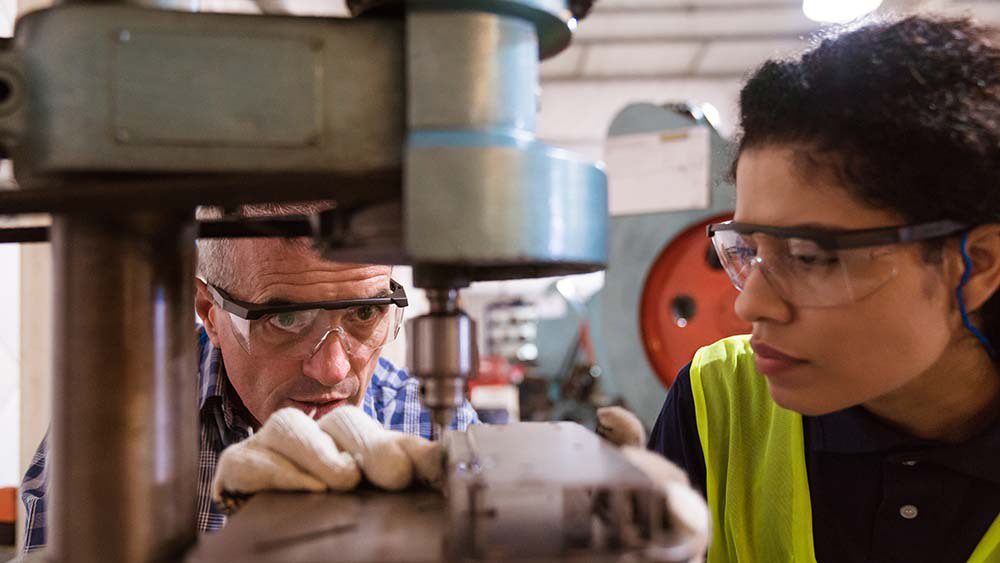There’s a new kid in town in the lithium battery world. Texas A&M University professor Choongo Yu and his business partner Ranga Vasudevan recently launched Flexodes, a start-up focused on developing a cheaper, better lithium battery. Their technology is a lithium-sulfur battery. The pair hopes their product will drive the price of electric vehicles down while sending their energy efficiency – and thus, the distance they can be driven on one charge – sky-high. The company’s launch was made possible due to a partnership with Texas A&M’s Engineering Experiment Station.

Flexodes’ technology gives each battery a larger storage capacity without increasing the battery’s physical size.
By doubling the energy storage using a 3D trench-wall carbon nanotube framework for the battery’s electrodes, Flexodes batteries make vehicles affordable, practical, and efficient. Combing all of these improvements should go a long way to make consumers more likely to purchase electric cars and trucks.
In addition, these lithium-sulfur batteries are unlikely to erode or overheat in time.
“With the same sized battery, the price will be much lower,” Yu explained. “If you just think about a Tesla becoming much cheaper, then a lot more people can afford one. That would be exciting news. In that sense, we can probably play some role in lowering the cost. In cases where we can improve the energy density by a factor of two, then theoretically, we can actually improve the driving distance by a factor of two, which is really important.”

Yu and Vasudevan’s research indicates they may be able to increase the storage capacity up to five times the current lithium-ion batteries. They also believe the new batteries have potential use in smartphones.
“We don’t use and rare earth metals in this except for the lithium we completely eliminate all of the nickel, cobalt, manganese so from an environmental standpoint based on the pollution costs of mining we are going to completely eliminate all of that by using sulfur,” Vasudevan added.
While research on vehicle and phone battery applications continues, Flexodes focuses on improving mobile device technology in the defense world. The company just received a Small Business Innovation Research grant from the Air Force.
Flexodes hopes its battery will help make the world more sustainable. If electric vehicles are more efficient, they can travel further on a charge and are significantly less money to buy. “I think battery technology is now really demanding in order to reduce greenhouse gas and things like that,” he said. “I hope there will be a lot of great startups and battery companies in the U.S. because there are not many here right now. I hope this initiates battery research in the U.S. so that we can have really good companies here, and that we are one of them.”
Flexodes plans to be on the market in late 2022.





